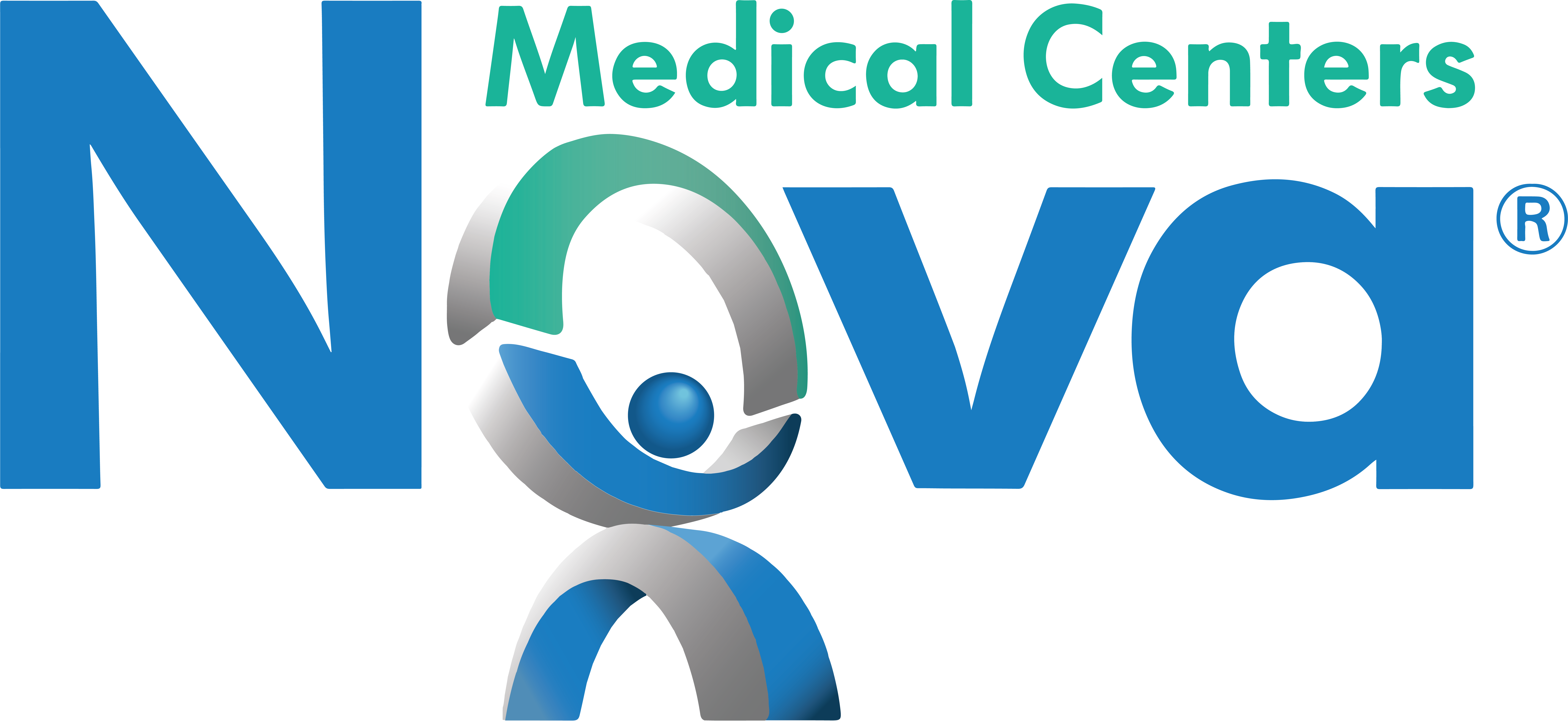Occupational medical services are a specialized branch of healthcare that deals with the treatment of injuries and illness that occur in the workplace.Although a relatively new medical discipline, the field of occupational medicine has grown quickly as the effectiveness of delivering specialized care to ill and injured workers has been recognized. Below are several ways in which occupational medicine has advanced in recent years.
Targeted Diagnoses
Until recently, injuries or illnesses sustained from working conditions were treated like all other types of injury or illness. However, over the past 30 years, Occupational medical services have developed into a separate discipline within the medical field. Entire medical practices are now devoted to occupational medicine. Some types of workplace injuries, such as falls and vehicle accidents, are also experienced by large numbers of people outside the workplace. However, injuries like repetitive motion strains, repeated exposure to noise, illnesses triggered by long-term contact with hazardous substances and compression wounds caused by heavy machinery are conditions that are less common among the general public which occur much more frequently among workers who perform certain tasks. These types of injuries generally benefit from specialized treatment strategies. Training physicians to recognize, diagnose and treat the specific conditions that occur in occupational settings has resulted in an improved outcome for many patients.
Better Treatment Strategies
A one-time treatment was once considered all that was necessary to treat most injured workers. However, post-injury care has evolved from a single-step treatment into an ongoing process for workers with many types of injury or illness. New treatment methods, including chiropractic adjustment, aquatic therapy, movement therapy and exercise are all used to treat occupational injuries. Care that addresses the psychological as well as the physical aspects of injury is another modern development in treating workplace injuries and illness. The importance of good nutrition during recovery has also been recognized. Tailoring specific treatments the demographic characteristics of a worker, including their gender, age and race, is also practiced frequently because physicians have learned that different people respond in different ways to treatment.
Improved Risk Management
Reducing the risk of injury and illness is another modern development in occupational medicine. It can be difficult to quantify the effect that risk management has on worker safety, but prevention of accidents, injuries and chemical exposures is much more effective than caring for a worker after one of these incidents occurs. Extensive employee training, improved safety gear, better management practices and closer regulatory oversight all contribute to worker safety and prevent the need for post-incident care.
Recognition of Specialized Conditions
Other advances in occupational medicine include the recognition of many specialized conditions that can lead to health problems for workers. Environmental factors, such as poor indoor air quality caused by mold or chemicals, can affect workers because of the large amount of time spent in the workplace. Potential health issues that arise from work-related travel, especially international travel, are addressed by occupational medicine specialists. Workplace substance abuse has become a major concern for many employers because it can lead to workplace accidents. Drug and alcohol testing services are offered by many occupational medicine physicians.
The quality and quantity of care offered to workers who suffer a work-related illness or injury has greatly improved over time as the overall quality of medical care has improved. With continued attention and an ever-increasing number of medical schools training doctors in occupational medicine, worker care will continue to improve in the coming years.



